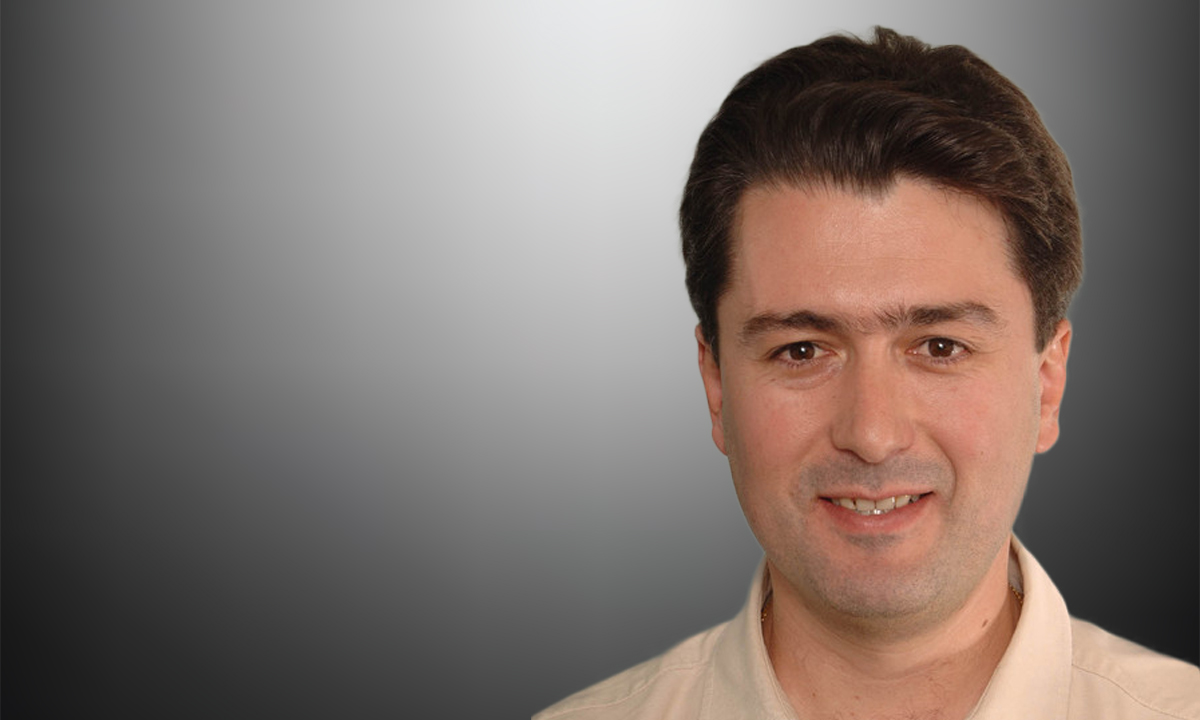PRIVACY is a paradox of modern society, which is immersed in more information than ever before.
While millions of us appear to be addicted to sharing personal information online, the concept of privacy is still closely guarded. Technology and the law have had to erect privacy walls to protect us from ourselves. There are even international conferences on privacy.
Three topics in our professional lives brought home to me how important privacy has become for practising doctors.
Our privacy and corporations
A couple of years ago, there was a merger proposed between two companies that had a lot to do with doctors. After negotiating the merger for most of the year, the deal between the two companies unravelled. A doctor vote — meant to be a mere formality — became a political affair. Doctors associated with both companies received emails from a lobby group that supported the merger, and from a different organisation that opposed it.
Members like me were puzzled as to how the lobbyists got our details. How do third parties get their hands on such private information? Given that these companies had a large amount of information about us, how much more private information could be doing the rounds?
The privacy of our prescribing
The role of Big Pharma is a permanent topic of debate in medicine.
The Australian Competition and Consumer Commission, Medicines Australia and voices from within our profession advocate what could be dubbed a “naming and shaming” approach to Big Pharma’s compensations to doctors. This places our profession under similar scrutiny to politicians and far beyond what other professions have to suffer.
Why not apply the same rigour to information and events hosted by government-funded organisations, such as the National Prescribing Service and the Primary Health Networks?
After all, the government has an agenda to ration resources, avoid political fallout and save money.
When it comes to government our prescribing habits are not private. The government knows what we prescribe. Drug companies can also track us pretty well by analysing orders from pharmacies. Drug companies invite us to participate in their events. Government often exerts more pressure than just an invitation.
I wish the fanatical elements of the debate would remember that most doctors are intelligent, free individuals who can make up their own minds on this and strike a balance between the need for information and the need to stay objective.
Our records and our privacy
Once upon a time our notes were just that: our notes. In 2016, public interest and patient privacy dictate that all patients — and possibly the government regulators – have access to our notes.
The government is pushing for My Health Record and has now linked part of the GP Practice Incentives Program to processing a certain number of patients’ My Health Record per quarter.
But what about doctors’ privacy?
We all have difficult patients and may need to record observations that patients may not find complimentary. Psychiatry and psychotherapy are particularly complicated in this regard, as they rely heavily on patients exploring the extremes of human depravity as part of the therapeutic process.
In such circumstances, keeping honest, descriptive notes exposes us to patient litigation and complaint; failure to be detailed gets us into trouble from the regulator.
In all of this, our privacy and feelings don’t get a fair run at all. As much as we may be told that our professional privacy has to be respected and safeguarded, my observation is that the Australian Health Practitioner Regulation Agency, medical boards, Medicare and hospital administrators have a lot more access than many of us feel comfortable with.
Despite its potential to help our work, privacy remains the main reason why doctors have shown reluctance to adopt the My Health Record.
These three examples highlight that there is still much work to do regarding doctors’ privacy. Ironically, these challenges to our privacy have been instigated by ourselves, on ourselves!
Dr Aniello Iannuzzi is a GP practising in Coonabarabran, NSW. He makes the following declaration: “On average, I have lunch with a drug representative every 6 months. I will accept and sign for samples when representatives appear without an appointment. I will see a representative in my rooms for a 5 to10-minute appointment once a quarter”.
Latest news from doctorportal:

 more_vert
more_vert
One thought on “Privacy is for doctors too”